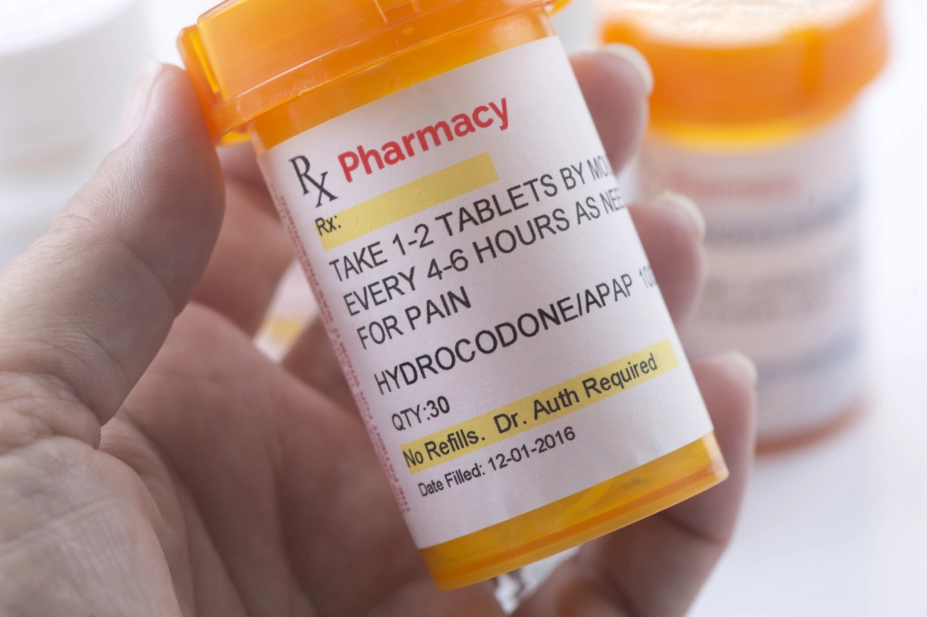
Shutterstock.com
Direct acting, rather than prodrug, opioids should be selected for postoperative pain relief in patients with depression receiving selective serotonin reuptake inhibitors (SSRIs), researchers have found[1]
.
The team, who reported their findings in PLoS One (6 February 2019), used data on 4,306 patients with depressive symptoms who underwent surgery during a nine-year period and looked at the difference between preoperative pain and postoperative pain at discharge and then three weeks and eight weeks afterwards.
In patients with depression who were not receiving SSRIs, pain control was similar at all three time points between those who received prodrug opioids (such as hydrocodone) and non-prodrug opioids (such as oxycodone and fentanyl). But in those receiving SSRIs, pain control was worse at all three time points in those who received prodrug opioids, compared with those who did not.
To exert their analgesic effects, prodrug opioids require conversion by the liver enzyme CYP-2D6, which is inhibited by SSRIs, the researchers explained. They said that this was the first direct clinical evidence that SSRIs lead to worse pain control with prodrug opioids.
“This study suggests that clinicians should account for the SSRI-prodrug interaction and instead consider an active form of opioids when prescribing to this population,” they wrote.
References
[1] Parthipan A, Banerjee I, Humphreys K et al. Predicting inadequate postoperative pain management in depressed patients: a machine learning approach. PLoS One 2018;14(2):e0210575. doi: 10.1371/journal.pone.0210575


